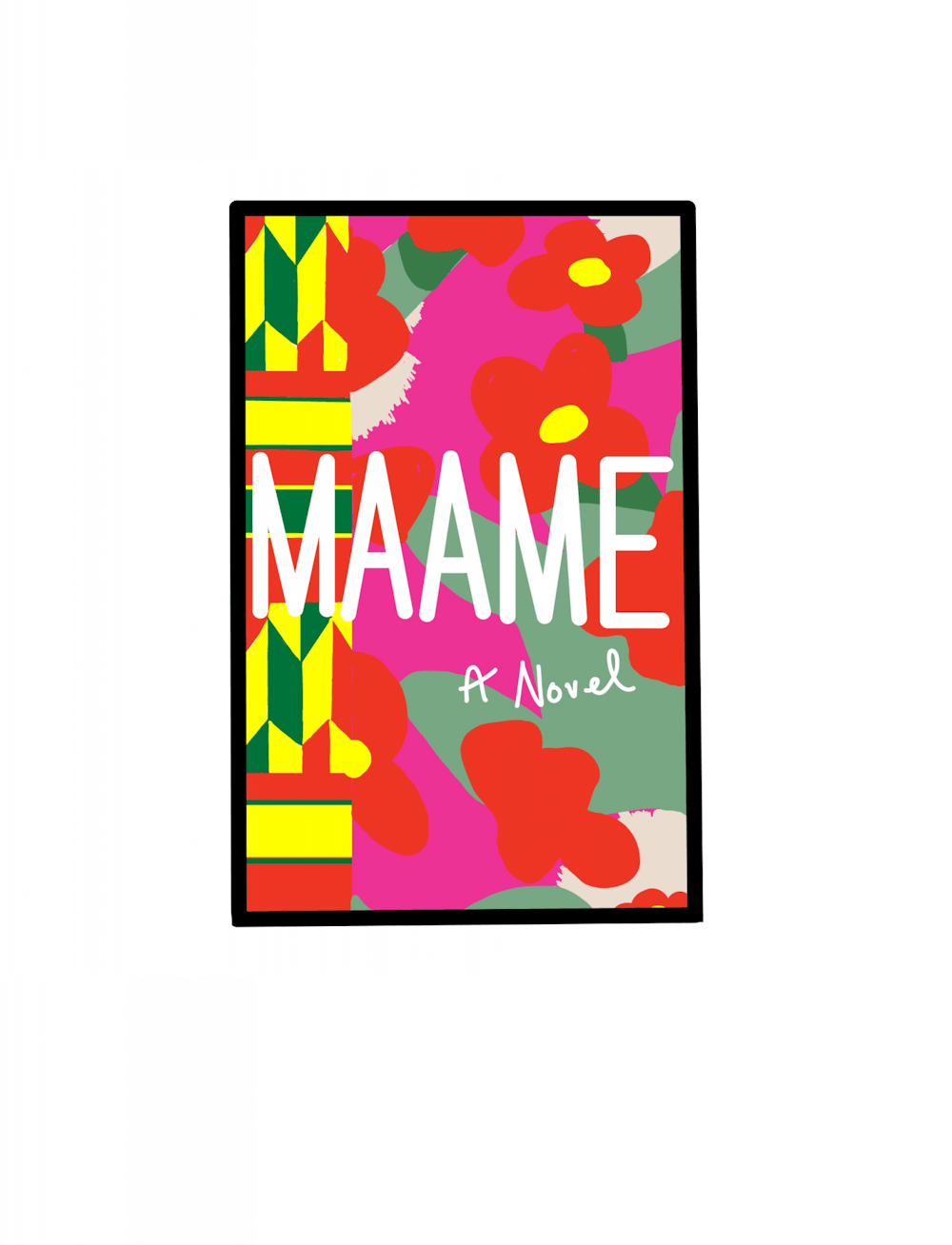Maddie Wright has been taught to keep things to herself. Family matters and personal problems are private and not to be shared. But she has one confidant: the readers of Jessica George’s new book “Maame,” in which she is the protagonist. The author’s debut novel, released on Jan. 31, has already made waves throughout the book community with its insightful writing and loveable main character.
Maddie Wright has been called “maame,” pronounced “ma-meh,” her whole life. She explains that in Twi, a dialect of the Akan language spoken in Ghana, “maame” has many different meanings. For her, it means “woman,” a label paradoxically fitting and ironic. On the one hand, Maddie is a girl who has been forced into womanhood much too soon. When Maddie was younger, her mother spent more time in Ghana than in their hometown of London. Her brother never seemed to be around much either, as he preferred his friends’ families to his own. It was often just her and her father, a deeply introverted man who never had much to say. When he is diagnosed with Parkinson’s disease, the responsibility lies on Maddie to care for her father and pay their bills.
Maddie seems to have missed out on the milestones typically enjoyed by other 25-year-olds. Her relationship history is limited to one awkward high school fling, she does not go out to clubs or bars with friends and she still lives in her childhood home. As a result, she has yet to feel like a real woman.
When her mother announces she is returning from Ghana, Maddie sees this as an opportunity to finally make a change in her life, as she no longer has to take care of her father. She has a clear vision of who she wants to be: a woman with a killer sense of style, a full social calendar and a life of her own.
Of course, life never seems to coincide with what one wants. When tragedy forces Maddie to confront a steeper change than she was ready for, she is forced to reinvent herself in more ways than anticipated.
“Maame” is simultaneously a tragedy and a comedy, but most of all, it is a love story — not one that focuses on two people, but one that focuses on what it means to be loved by family, friends and oneself. The story is about the love that carries you through times that seem impossible to overcome.
Coming-of-age novels are a popular genre in modern fiction, but George weaves relatable themes in a way that is uniquely personal and avoids sounding trite. Her grasp of these themes is beautifully exemplified in Maddie’s narration, in which she alternates from speaking to herself to speaking to her audience, making the readers feel like they are having a conversation with their best friend. Maddie’s anxious yet funny inner dialogue allows readers to actually experience the mood in any given scene. This unfiltered access into Maddie’s mind adds an emotional dimension that makes “Maame” a captivating read.
George’s convincing depiction of living in the digital age adds to the poignancy of the book. Whereas literary attempts to record the omnipresence of technology often come across as corny or forced, George skillfully captures it in an entertaining yet subtle way. Moreover, it is an avenue through which she addresses difficult topics to suggest their pervasiveness in modern society.
Throughout the book, George provides readers with glimpses into Maddie’s Google searches, which range from “what to wear a yellow pantsuit to?” to “symptoms of a panic attack.” These searches often play a humorous role, but they also allow George to creatively introduce conversations about depression and mental health. George also employs excerpts from Maddie’s work emails and lewd online dating app conversations to reveal how commonplace microaggressions and racism are in her daily life. “Maame’s” setting in the internet era becomes the perfect background through which George can gracefully encourage readers to examine such issues in their own lives.
“Maame” is the type of book that leaves you wanting to cry, not because it is sad, but because it is full of emotions you will need to release in some way. Part of what makes George’s writing so powerful is that she does not coddle readers in the slightest. She avoids deception with perfect relationships and sappy empowerment storylines. She does not write that everything is going to be okay. She helps readers find comfort by developing a character who struggles, copes and grows in a realistically messy fashion. Maddie’s growth demonstrates that while facing loss and change is part of being human, it is possible to feel happy with a new normal.
Daphne is an Arts & Culture writer from Austin, Texas. She is planning on studying International and Public Affairs. Her passions include cats, running and Phoebe Bridgers.





